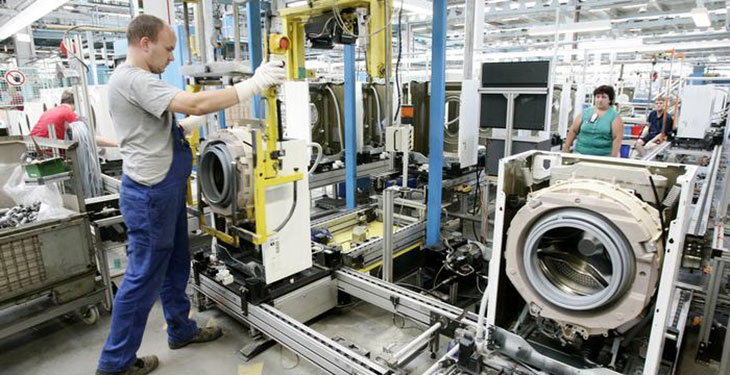The idea of shortening the working week to four days reappeared in Germany, as a remedy for maintaining jobs during and after the unprecedented crisis caused by the coronavirus pandemic, reports AFP.
But this topic is very controversial among companies.
The president of the powerful metallurgical union IG Mettal, Jörg Hofmann, is the one who started a national debate by proposing the introduction of a four-day working week to protect jobs, at a time when the unemployment rate is rising in both Germany and the rest of the world.
German Labor Minister Hubertus Heil, a Social Democrat, also said on Wednesday that “reduced working hours with partial wage compensation could be an appropriate measure,” according to Agerpres.
The basic idea is that by reducing the working period, employees could share more jobs that would otherwise be eliminated.
Such a measure would be “a response to structural changes in sectors such as the car industry”, facing the challenge of electric cars, as well as to “accelerating the digital transition due to the pandemic”, argues the president of the IG Metall union for the daily Süddeutsche Zeitung. Jörg Hofmann also advocates “some compensation” for employees from employers, so that there is no significant loss of purchasing power.
IG Metall is not in the first battle to reduce working time. In 1995 the union managed to impose a 35-hour working week in the industry, and in 2018 it obtained the right for employees who want to work only 28 hours a week for two years, with a diminished loss of salary.
The latest proposal for a four-day week is backed by 60 percent of Germans, according to a Yougov poll released Wednesday.
